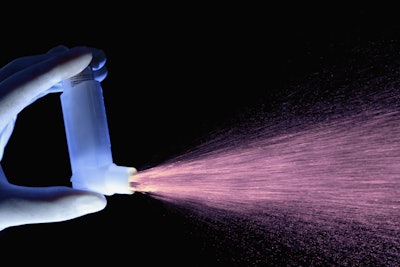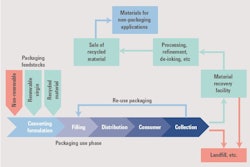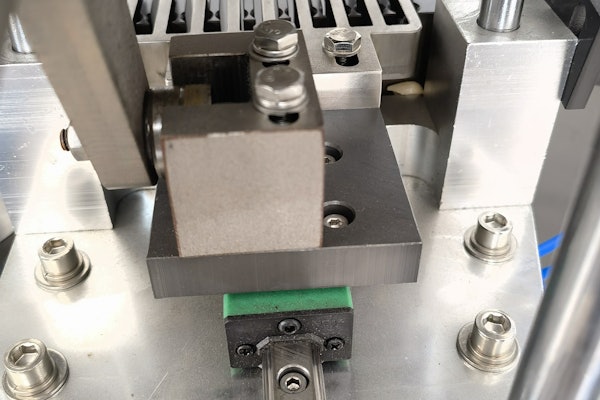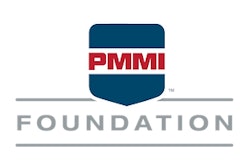
Governmental bodies are looking at ways to reduce environmental impacts. This is great news, however, it’s important that the healthcare manufacturers affected by sustainability goals are involved, or at least informed of, the decisions.
Gregor Anderson, Managing Director at Pharmacentric Solutions, brought up an important example of this at Pharmapack 2019. Propellants are an area that governmental bodies are targeting. In fact, the UK parliament released a document on reducing F-gases that said the National Health System (NHS) should set a target that by 2022 at least 50% of prescribed inhalers are low GWP [Global Warming Potential], and that the government should ensure that by 2020, at least 50% of metered dose inhalers (MDIs) are recycled. With Brexit, it’s only one nation but the National Health System in the UK is a huge market.
Here’s the actual text:
“The NHS should set a target that by 2022 at least 50% of prescribed inhalers are low GWP. It should publish annual progress reports. We were disappointed to find that so few MDIs are disposed of responsibly. We therefore recommend that the Government should work with medical professionals, pharmacists, the pharmaceutical industry and patients to significantly improve the recycling of MDIs; this makes both environmental and economic sense. The Government should ensure that by 2020, at least 50% of MDIs are recycled. The Government should publish annual data showing progress in reaching and exceeding this target. It should also consider medical waste, such as MDIs, in its waste strategy.”
Commentary
Anderson was dubious that many companies have heard of this lofty goal, and with the slow-moving nature of pharmaceutical and medical device industry changes, it highlights an important issue that government sustainability goals must be communicated and offer appropriate time frames for success.
Editor's note: For a roundup of all ofHealthcare Packaging’s coverage from Pharmapack, click here.>>






















